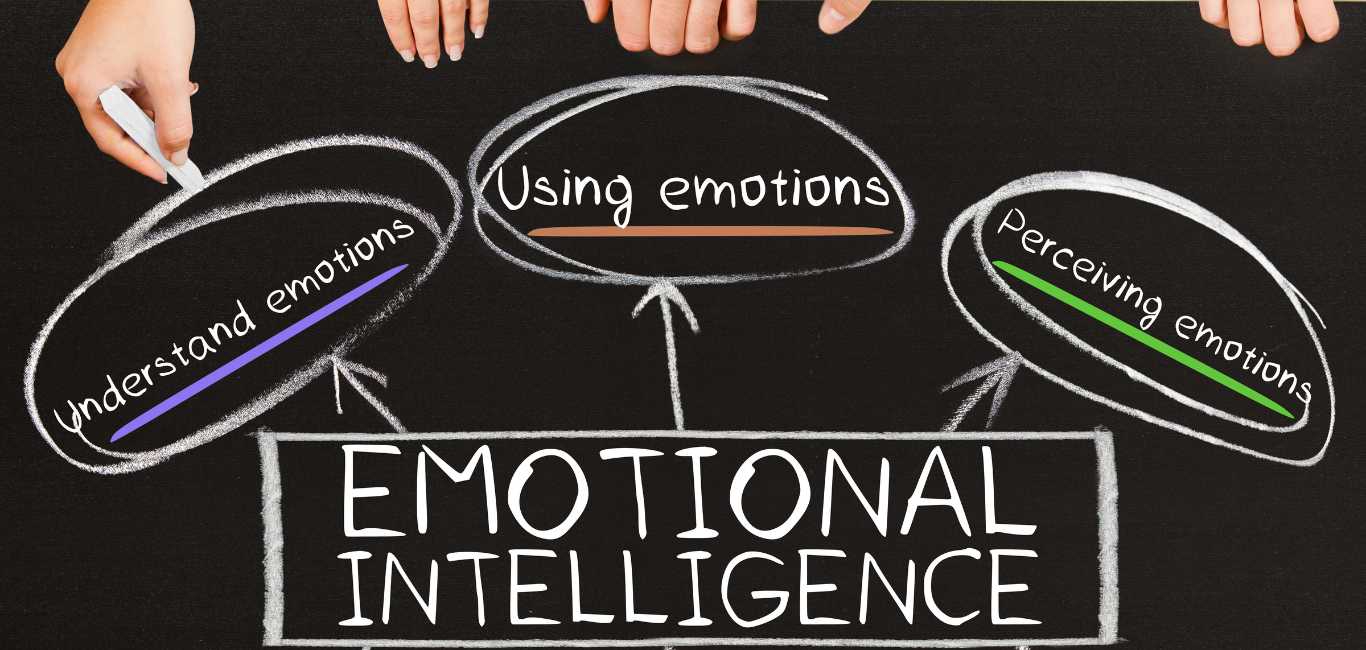
It is said that human beings get 12,000 to 60,000 thoughts each day – an astonishing number. It is natural, that we also experience a range of emotions that may be associated with these thoughts. But how much do we pay attention to the emotions we experience throughout the day? How do these thoughts affect us? Are we even aware of what we are feeling?
The concept of emotional intelligence can help us answer some of these questions.
Emotional intelligence is the ability to understand and manage our emotions, as well as recognise and empathise with the emotions of others. It also includes the ability to perceive, interpret, demonstrate, control, evaluate, and use these emotions.
Undoubtedly, emotional intelligence plays a significant role in how we perceive ourselves and others, and how we form and maintain relationships. Happiest health speaks to experts about cultivating emotional intelligence.
Naming our emotions
Prerna Singh, Kolkata-based counselling psychologist, says that the very first step to understanding our emotions is identifying them. “One way to do this is to keep a journal to track our emotions and what triggered them,” she says.
Introspecting on the cause of certain emotions, helps us make sense of the different triggers, says Singh. Moreover, this helps us be prepared for their recurrence.
Citing an example, she says, “Suppose someone cuts you off during a conversation. Ask yourself, what emotions did this make me feel? Did it make you feel embarrassed and withdrawn? Or did it make you angry and walk out?” This means that the next time this situation arises, we have a better understanding of the situations that evoke certain emotions in us, says Singh. This helps us in cultivating emotional intelligence
Listening to our body
Emotions often evoke a physiological response within us. “Paying attention to our body can provide valuable clues about our emotional state,” says Singh.
She adds that while sometimes emotions may be difficult and complex to identify by ourselves, listening to our bodily cues can help us understand what we are feeling.
“For example, rapid and quick breathing might indicate stress or anxiety, whereas slow deep breaths might indicate calmness. Happiness, joy, and excitement make us feel energetic, and sadness makes us feel exhausted,” says Singh.
Cultivating empathy
American Psychological Association defines empathy as ‘Understanding a person from their frame of reference rather than one’s own, or vicariously experiencing that person’s feelings, perceptions, and thoughts.’ In simpler words, it is our ability to put ourselves in someone else’s shoes.
Singh says that a good way to foster empathy for someone else is to ask ourselves, “How would I react if I was in the same situation as them?” or “How would I want to be treated in a similar situation?”
Reading is another way to cultivate empathy. from Netherlands found that reading fiction increases empathic skills over time when the reader becomes emotionally transported into the story.
Their research suggests that when someone reads a fictional story, emotional involvement in the story causes the reader to sympathise with the characters. It even lets them experience the events in the story as if the reader is experiencing it themself.
Practising mindfulness
A 2020 published in the International Journal of Environmental Research and Public Health found a positive relationship between mindfulness and emotional intelligence, particularly in the ability to regulate emotions.
Mindfulness was also found to be negatively related to emotional exhaustion. Mindfulness meditation improves emotional intelligence skills, such as perception and expression of emotions, emotional regulation, and emotional understanding, the study states.
The intricate relationship between our thoughts, emotions, and overall well-being highlights the importance of cultivating emotional intelligence. With the ability to understand, manage, and empathise with our own and others’ emotions, emotional intelligence plays a pivotal role in shaping our perceptions, relationships, and responses to the world around us.

















